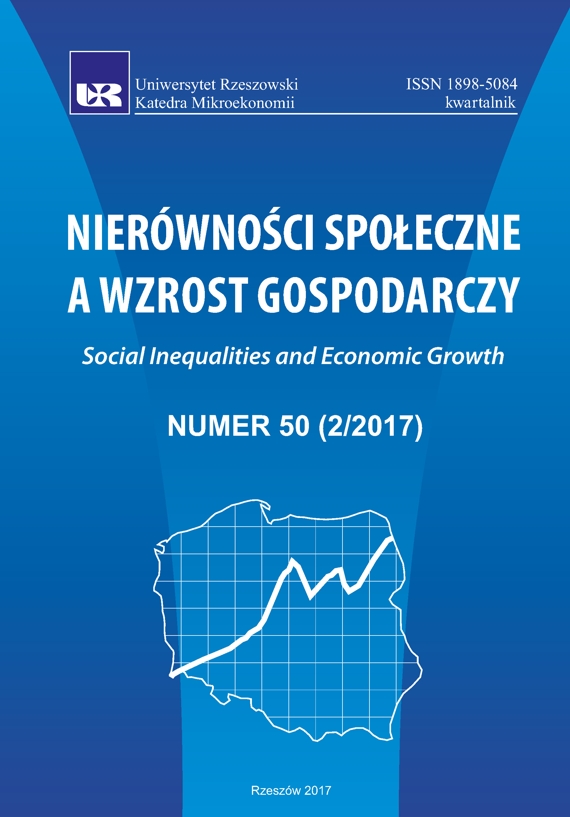Ekonomiczne podstawy geopolitycznego projektu Międzymorza
Economic fundamentals of the geopolitical project Intermare
Author(s): Mieczysław DobijaSubject(s): National Economy, Supranational / Global Economy, Public Finances
Published by: Wydawnictwo Uniwersytetu Rzeszowskiego
Keywords: theory; economy; geopolitics; money union
Summary/Abstract: Economic thought is currently far from the theoretical consistency of the scientific consensus.Even the basic system of economic categories is not ultimately developed. Euro monetary unioncreated by the theory of optimum currency area is facing difficulties in the integration of successivestates. In addition, we see a growing conviction of geopolitical thought about the upcoming changeinward reorganization of the current order to the multipolar organization of the modern world. Poland is actively working on the project ABC recognizing the historic opportunity to realize theidea of the Intermare. The creation of a strong and stable zone of the Central Europe as a politicalorganization requires a consistent, devoid of defects present, the economic theory of money – goods economy. It is the purpose and message of the presented development. As a result of the new economictheory, the state will see significant benefits from the integration, which will provide economy without budget deficits and smaller than ever before taxes. The essence of the new approach is to formulate a coherent system of scientific elaborated economic terms, as a basis for the theory. As a result, consistency is achieved and triad: the capital – work – money attains to full reconciliation. Then appears the effect of self-financing that frees the economy of budget deficits and rising debt restricting economic development. The initiative to create the organization of the Central Europecountries belongs to the Poland as the largest countries in the region with the appropriate historical achievements and experience. This initiative is expected from many countries of Central Europe andthe presented theory can be a suggestion how to formulate the monetary union of the Central Europeas the fundamental step towards tight union.
Journal: Nierówności Społeczne a Wzrost Gospodarczy
- Issue Year: 2017
- Issue No: 50
- Page Range: 144-162
- Page Count: 19
- Language: Polish

